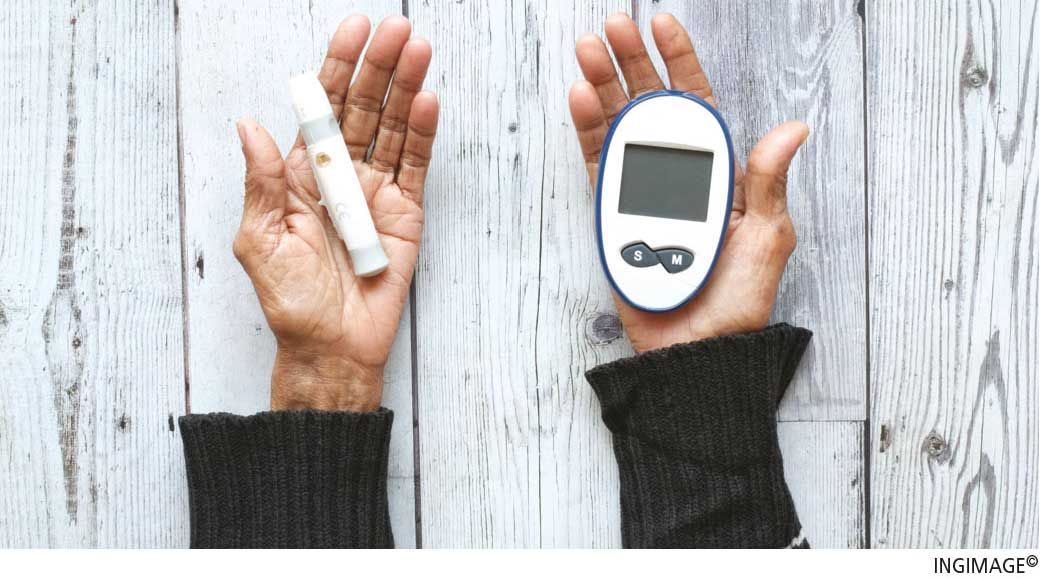THE ‘DIABETES TEAM’
Managing diabetes is relatively easy, provided that such management is pursued as a team effort. Obviously, one member of the ‘management team’ should be your own doctor who should preferably be a physician with experience or has a special interest in advising diabetics.
But there are also other equally important members of the team – such as a dietician, family members and oneself.
The role of a dietician is important because diabetics need appropriate advice about the types and quantities of food that they can consume. They need to know how to prepare the required carbohydrates, proteins, fats and other nutritional components so that they appeal to the eyes, tastebuds and stomach.
Simply accepting that sugar is bad – and then proceeding to sweeten one’s meals with jaggery, bee’s honey or treacle – represents the kind of optimistic ignorance, which (sad to say) isn’t uncommon in Sri Lanka.
Managing diabetes requires the full cooperation of the family because it’s not easy to follow a balanced diet if the rest of one’s kith and kin ignore the need to eat healthily. Cakes, pastries, chocolates and other confectioneries are better left off a diabetic’s table!
Consuming large quantities of these types of foods and regularly telling one’s concerned spouse that ‘one or two won’t harm you’ is not helpful. Regular exercise, which metabolises glucose in the system as a form of energy, is also vital to keeping one’s blood sugar under control.
However, the most important member of the management team is the diabetic!
All that one’s doctors and dieticians can do is to advise, and a spouse can only support the patient. But such advice and support are useless if the diabetic cheats on his or her diet, or doesn’t take the prescribed medicines or injections properly.
Since the basic problem in diabetes is that the body lacks insulin, this must be replaced on a daily basis. Insulin is a hormone in liquid form that can only be administered by an injection. There are several medicines however, which have an action that’s similar to insulin in the body when they’re swallowed in tablet form.
The good news is that a vast majority of diabetics (almost all of those who develop the condition in adult life) will not need insulin injections. They will be able to control the disease by tweaking their diets with or without tablets. These tablets must be taken regularly of course, and at the right times of the day, to be effective.
How well one’s diabetes is being controlled can be monitored by measuring blood sugar levels. Initially, particularly with severe diabetics, this might need to be done daily; but once one’s sugar levels are brought under control, blood tests can be performed every four to six months to make sure that the condition hasn’t worsened.
It is now known that long-term control of one’s blood sugar levels is important. Where such tests are available, it is helpful to measure the level of glycosylated haemoglobin (HbA1C) or fructosamine in the blood from time to time since these indicate whether the blood sugar level has been normal over a long period.
This content is available for subscribers only.






